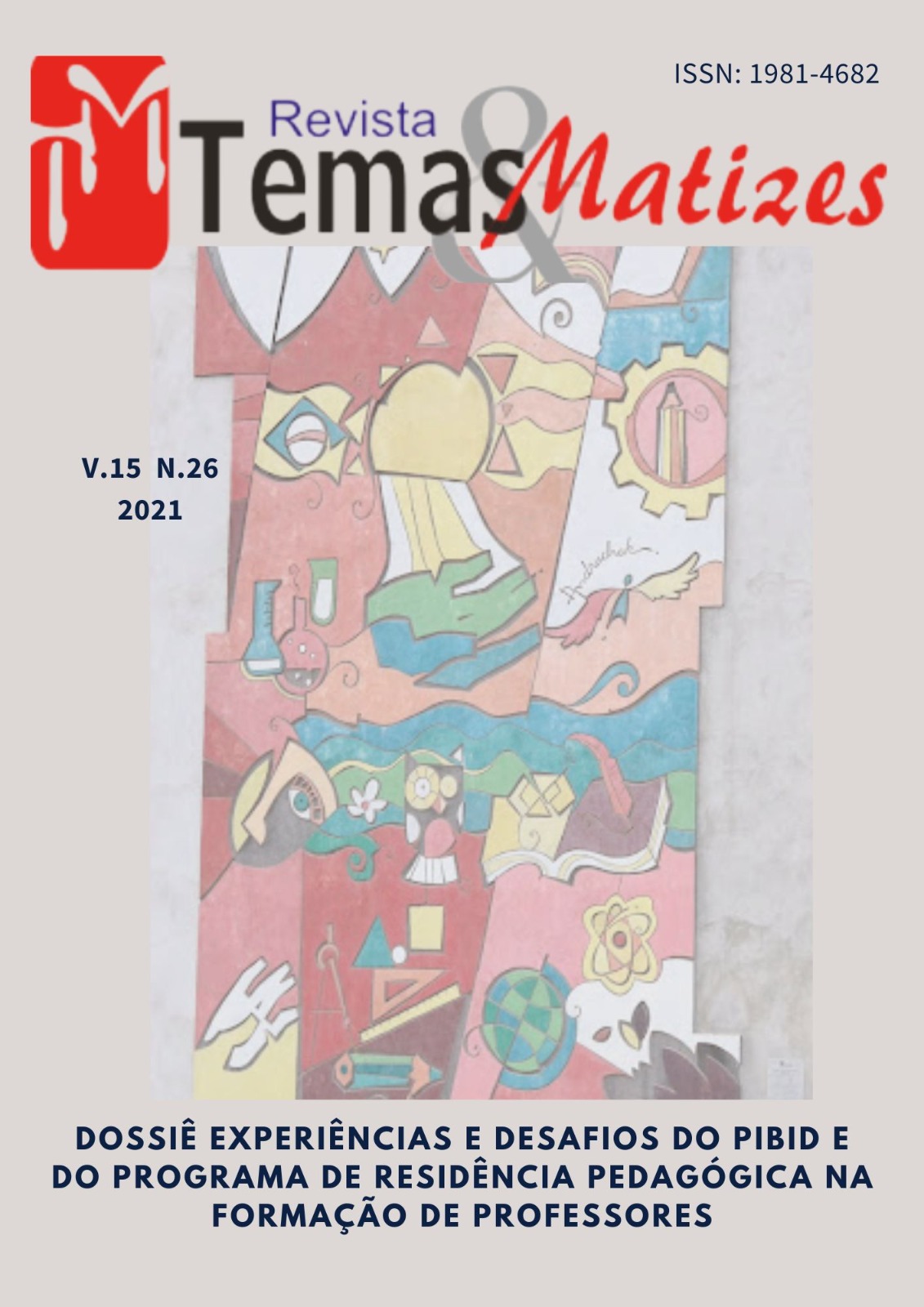BNCC AS A CURRICULUM: IMPACTS ON THE COMPREHENSIVE TRAINING OF SUBJECTS
DOI:
https://doi.org/10.48075/rtm.v15i26.28234Abstract
The present research consists of understanding the Common National Curriculum Base approved in its final version in December 2018, and the concept of comprehensive training explained in it. We seek to demonstrate how the Base leaves a gap with regard to the integral training of subjects. Taking into account that it was placed in schools as a curriculum, which in a way contributes even more to a unilateral training as opposed to universal training. The theme “comprehensive training” is also at the center of the educational debate in recent years, being present in different documents and legislation, national and international, which led us to the need to study about this concept. In this way, we seek to understand: To what extent can the curriculum organization by competences, proposed in the BNCC, promote an integral formation of the subject? For this purpose, we carried out the study of the document of the Common National Curriculum Base (BNCC) of 2018, in addition to articles that deal with the subject very clearly, in order to analyze the possibility of comprehensive training based on the curricular organization proposed therein; as well as understanding the concept of omnilateral development developed by Karl.
Downloads
Published
How to Cite
Issue
Section
License

This work is licensed under a Creative Commons Attribution-NonCommercial-ShareAlike 4.0 International License.
Aviso de Direito Autoral Creative Commons
Política para Periódicos de Acesso Livre
Autores que publicam nesta revista concordam com os seguintes termos:
1. Autores mantém os direitos autorais e concedem à revista o direito de primeira publicação, com o trabalho simultaneamente licenciado sob a Licença Creative Commons Attribution que permite o compartilhamento do trabalho com reconhecimento da autoria e publicação inicial nesta revista.2. Autores têm autorização para assumir contratos adicionais separadamente, para distribuição não-exclusiva da versão do trabalho publicada nesta revista (ex.: publicar em repositório institucional ou como capítulo de livro), com reconhecimento de autoria e publicação inicial nesta revista.
3. Autores têm permissão e são estimulados a publicar e distribuir seu trabalho online (ex.: em repositórios institucionais ou na sua página pessoal) a qualquer ponto antes ou durante o processo editorial, já que isso pode gerar alterações produtivas, bem como aumentar o impacto e a citação do trabalho publicado (Veja O Efeito do Acesso Livre).
Licença Creative Commons
Esta obra está licenciada com uma Licença Creative Commons Atribuição-NãoComercial-CompartilhaIgual 4.0 Internacional, o que permite compartilhar, copiar, distribuir, exibir, reproduzir, a totalidade ou partes desde que não tenha objetivo comercial e sejam citados os autores e a fonte.


